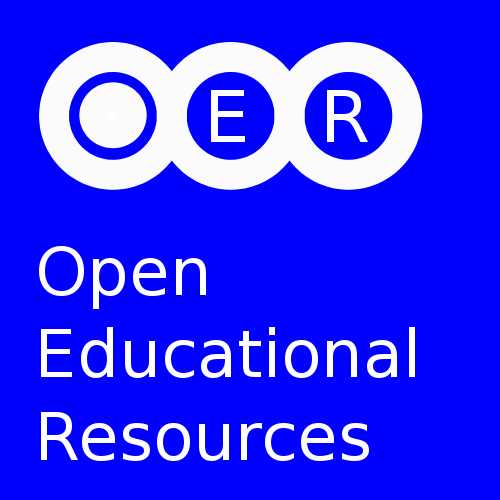Dilemmas of Openness - Why Share?
This is the second in a series of posts that detail some of the moral, ethical, and other dilemmas of openness in education. I look forward to your feedback and participation!
---
 The principle of using digital technologies to share educational content isn't new. For instance, the OER movement and its culture of open knowledge, free sharing, open source, and peer collaboration emerged in the late 1990's. The foundational dilemma of openness, nevertheless, lies within the purpose of sharing itself.
The principle of using digital technologies to share educational content isn't new. For instance, the OER movement and its culture of open knowledge, free sharing, open source, and peer collaboration emerged in the late 1990's. The foundational dilemma of openness, nevertheless, lies within the purpose of sharing itself.Why do/would/should we share - when sharing requires time, energy, and other limited resources?
Researchers have learned that people elect to share for a wide variety of reasons. Some of the reasons for sharing in social networks include benevolence and directed altruism, as well as more selfish incentives of reciprocity, attempts to avoid social sanctions, and the boosting of self-esteem. Moreover, reputation, commitment to building social capital, and other motives move some to share. Finally, additional motives for sharing can be partly explained by shared goals to do good in support of others' interests (including those of customers, or students).
From a personal standpoint, it feels as if I often share for intrinsic - and what I hope are ultimately altruistic - reasons. As I've written before and as others have so eloquently articulated, I believe strongly that those in circumstances of prosperity have a moral obligation to lift others in less fortunate conditions. For that reason alone, I think that those of us who can, most likely should share with others the knowledge they have gained in an effort to consistently lift wherever we might stand.
From a personal standpoint, it feels as if I often share for intrinsic - and what I hope are ultimately altruistic - reasons. As I've written before and as others have so eloquently articulated, I believe strongly that those in circumstances of prosperity have a moral obligation to lift others in less fortunate conditions. For that reason alone, I think that those of us who can, most likely should share with others the knowledge they have gained in an effort to consistently lift wherever we might stand.
Dean Shareski's Sharing: The Moral Imperative
Why do you share and what have you gained by doing so?








